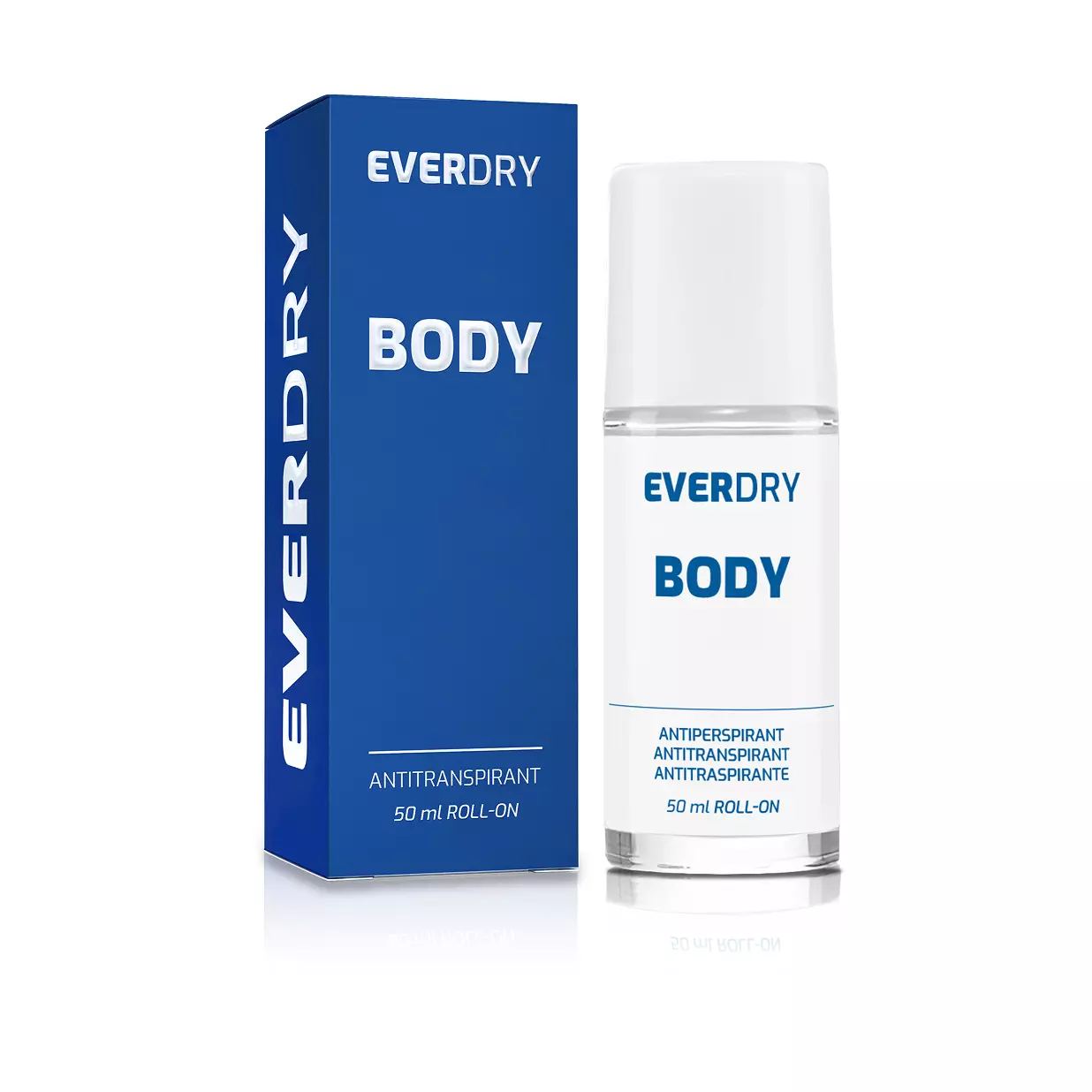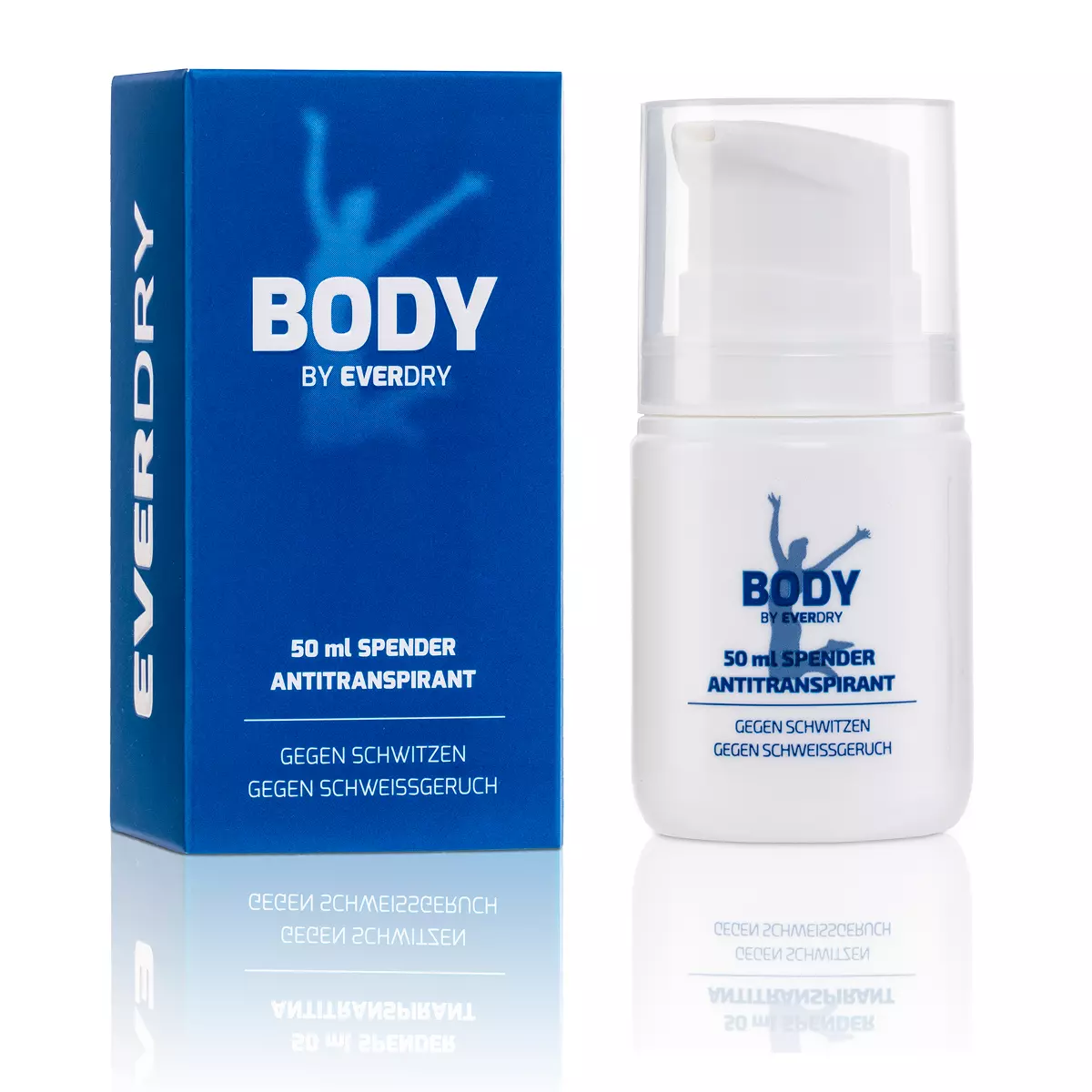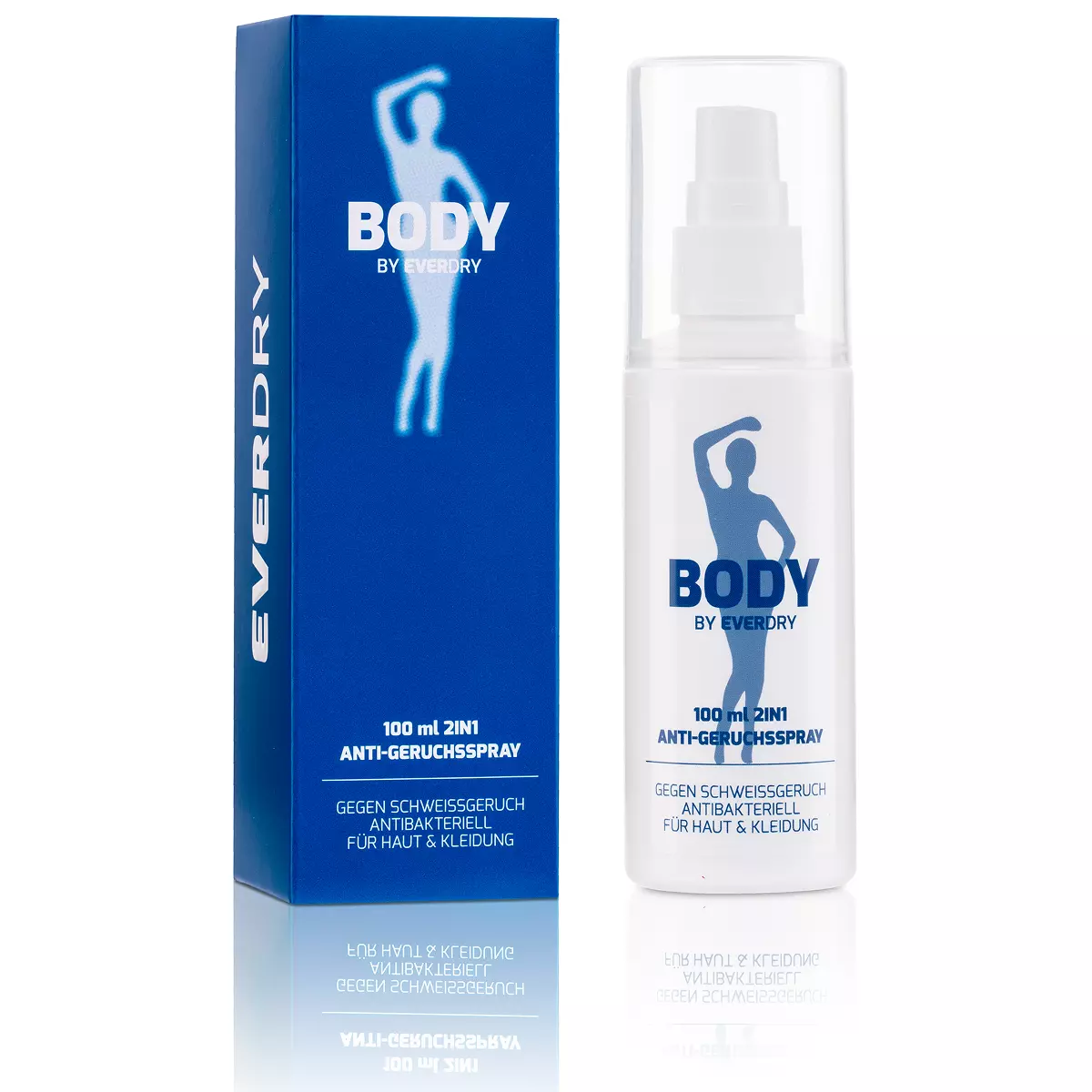- Antiperspirants
- Shirts, Socks, Pads
- Iontophoresis
- Anti-odour
- All Products
-
Guide
- Interesting facts about sweating
- Tips and tricks
-
The most common sweating triggers
- Sweating during exercise
- Carnival time without sweat
- Celebrate your wedding without sweat
- Sweating due to excess weight
- Sweat-free Easter
- Sweating in everyday life
- Sweating at work
- Sweating during menopause
- Sweating at night
- Sweating during pregnancy
- Sweating and odor in old age
- Sweating and stress
- Sweating while driving
- Sweating helps with fasting
- Sweating in spring
- Sweating in winter
- Off on holiday without sweating
- Sweating from head to toe
- PETA Certified
Quick Summary: Key Points
The Job as a Sweat Inducer
Loads of jobs involve proper graft, often in some pretty extreme nick. High temperatures, lugging heavy things about, and strenuous work mean you can end up in a right sweat before you know it.
When you're sweating buckets at work, too much stress is often the culprit.
Some people literally break out in a sweat the moment a job interview, the next business trip, an important meeting, or being called into the boss's office looms. As if the panic – which can hit us in certain situations – wasn't enough, our bodies have to go and react with sweating too.
You can quickly get a bit clammy when things get hectic, your workload piles up, or quite simply when it's too warm. Particularly in the working day, this can lead to awkward situations for those affected, as excessive sweating rarely goes unnoticed by colleagues, clients, and other business contacts. A damp handshake on greeting, beads of sweat on the forehead, sweat patches under the arms, a soaked shirt, or a strong odour – all of that's rather unpleasant for everyone involved.
The reason behind office sweat
Just because someone's under pressure or has a lot on and is sweating doesn't automatically mean they're suffering from anxiety sweat. Tense situations and moments of excitement are usually the main triggers for sweating. But why do we often sweat more at these times than usual? A stressful situation triggers a stress response in the body, and the body reacts by producing more sweat. It's a basic bodily instinct! Our nervous system responds to stress signals with sweat production. Even when we speed up our movements, our body temperature rises, and as a result, we start to sweat.
However, anyone wanting to permanently get a handle on unpleasant sweating in tense situations needs to tackle the root causes. First off, ask yourself: what are you actually worried about? In most cases, you'll find that there's no real danger present, and the strong feeling that arises is highly irrational. Once you've recognised what you're afraid of, you can specifically address these situations with exercises and combat your anxiety in the long term.
And try to think positively, for example, before a job interview. Instead of doubting yourself, it makes sense to remind yourself that you were chosen from many applicants and that the person on the other side of the table clearly has a positive interest in you.
What can you do about sweating at work?
- Avoid using rich body care products, hand creams, or foot creams, and don't apply too much make-up. All of these leave a film on the skin, which makes you sweat even faster. What you need here are skincare products specifically developed for skin types prone to sweating. They provide moisture without leaving a greasy residue.
- Dress not only according to the temperature but also according to what you'll be doing. If you have a stressful day or appointment ahead, opt for a lighter option made from breathable material (such as cotton or linen) instead of a jumper, long-sleeved shirt, or blouse. It's also better to go for light colours, so you don't immediately show any sweat patches that might appear.
- Use an antiperspirant on the affected areas of your body (e.g., armpits, face, hands, or feet) to prevent awkward situations. These cosmetic products effectively combat body odour and sweat.
- You also have the option of protecting your outer clothing from sweat stains with underarm pads. These absorbent protective inserts are simply attached in the underarm area of your top. The highly absorbent surface immediately soaks up fresh sweat and traps it odourlessly in the core of the pad. Your skin stays dry, and your clothes remain free from sweat marks.
- Another alternative is performance undershirts. Here, underarm wetness protection is directly integrated. Thanks to the sewn-in protective area, sweat is absorbed, and the resulting moisture is directly captured. Thanks to various styles and an ideal fit, these undershirts can be worn perfectly under your office attire.
5 tips to prevent stress-related sweating:
Basically, don't let sweating become your career killer! Self-confidence instead of insecurity is the magic formula against irrational anxiety sweat. Here are a few tips for you to keep the stress levels in the office as low as possible:
Boost your self-confidence!
-
Talk through particularly daunting questions with someone you trust and deliberately give absurd answers that make the other person smile. This takes away the fear of saying something wrong and imbues the situation with a positive feeling. Expressing fears has another positive effect: according to neurologists, impressions become less intense when spoken aloud and thus lose their weight.
Integrate relaxation into the working day
- Since sweating is controlled by the autonomic nervous system, relaxation techniques that send a "peace message" to the system and signal that there's no reason for flight or fight can help. In addition to progressive muscle relaxation or yoga, breathing techniques in particular have a scientifically proven calming effect on the nervous system.
Breathe properly to relax
-
Sit relaxed on a chair, set a timer for 3 minutes, and then inhale as deeply as possible. Now hold your breath for as long as you can and exhale slowly. The goal is to take a maximum of 6 breaths in 3 minutes. Beginners can feel free to take more breaths; experienced practitioners sometimes only need 3. Slow breathing suggests to the nervous system that everything is okay. Moreover, during the pause in breathing, i.e., between inhaling and exhaling, it's almost impossible to think, as the oxygen supply is limited. This calms the stream of negative thoughts.
Light meals at lunchtime
-
If possible, try to eat something light and healthy during your break. Fast food, fatty foods, or even white bread provide very little fibre. Additionally, the body has to work particularly hard to digest these foods. The result: the body needs more energy, which raises your body temperature and in turn makes you sweat more. With spicy foods, our body gets a "wrong signal": it thinks the body temperature is rising and reacts by activating the sweat glands. You should also only enjoy coffee in moderation; it acts as a stimulant and stimulates the nervous system, increasing heart rate and blood pressure – increased sweating is also the consequence here.
Professional help
- If the anxiety persists despite everything and restricts your daily life, seeing a psychologist should be considered. It's not a sign of weakness to seek professional help.
First published on: 12.05.2011
Updated on: 27.05.2025

Content: 0.05 Liter (€398.00 / 1 Liter)

Content: 0.05 Liter (€398.00 / 1 Liter)



